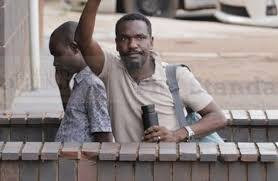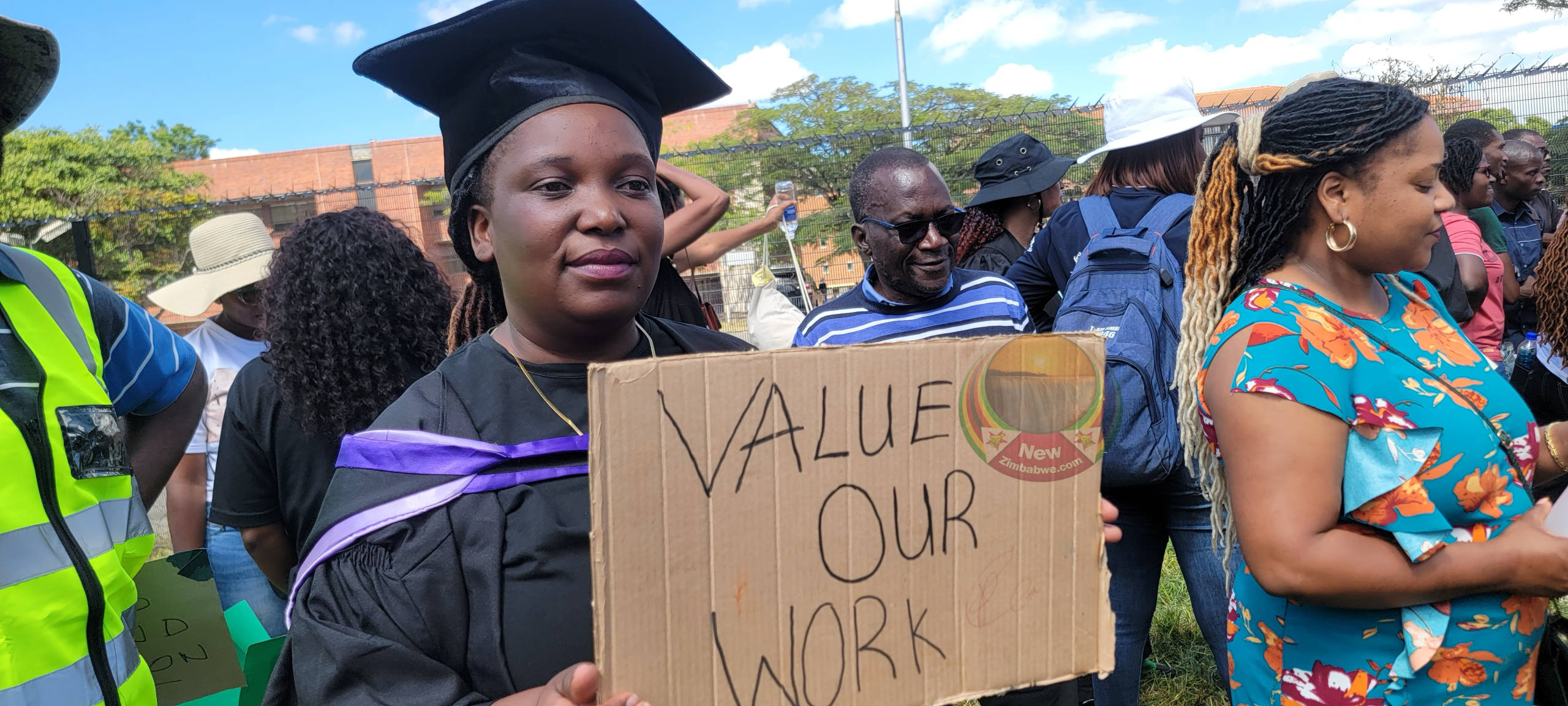DAVIS Nyamandu, better known as Paivepo, Shona for folklore opening phrase “Once upon a time”, has booked May 23 for his forthcoming music album launch at the Little Jasen Mphepo Theatre in Harare.
A very talented storyteller, Nyamandu has transferred the talent into Afro-jazz song and dance with the help of his colleagues Tafara Charehwa (bass), Gerald Semba (lead guitar), Nicole Chindinga (keys), Collins Thando (drummer) and Nyamandu himself on the acoustic guitar.
Nyamandu and his band Paivepo command a substantial following and have on several occasions left the fans calling for more.
“We would like to appeal to fans to come in their numbers and witness the power in Zimbabwe’s cultural heritage while they get entertained at the Little Jasen Mphepo Theatre in Harare on May 23.
“We are also looking for more branding partners in addition to Surdax and Creative Inc which have already committed themselves as partners and stakeholders.”
He said the album launch date, a few days shy of Africa Day celebrated on May 25, would see the audience getting a feel of folklore in song.
He said he would play the songs Ane Bhonzo, Watangwele, Kutandara NePaivepo, Wasarudza, Kuturika and Ndiri Mwana Wevhu in addition to reflecting on cultural diversity and global oneness.
Nyamandu, a Bachelor of Jazz student at the Zimbabwe College of Music, admitted that the late Oliver Mtukudzi remained inspirational to him and along with his band Paivepo, they continue to perform cover versions of Tuku’s songs, not only in honour of his legacy, but because he remains the local and international fans favourite.
“We use folklore to correct prevalent social ills while we impart wisdom on approaching several life situations. Anebhonzo is short for some one has a bone and in full it’s ane bhonzo ane nyama. Its English idiom equivalent is half a loaf is better than none.
“We encourage people to exercise self-control and learn to appreciate the little that is available as it is better than nothing,” he said.
“Kutandara NePaivepo means whiling up time with Paivepo band, while Watangwele is Kiswahili for praising God.
“The characters in most Shona folklore — tsuro and gudo (hare and baboon) — are central to most of our compositions.”
In Shona traditional folk stories, the hare is usually the clever character, a trickster of the bush who escapes and leaves the attacker embarrassed and humiliated.
The baboon is a courageous, barbaric character and because of its not so appealing looks, is often taken for a stupid animal.
Often, people laugh at the baboon, worse in how it reacts when cornered.
A very protective animal, particularly with its young ones, many people do not know its capability with regard to that area.
Baboons are known to roll and overturn stones in search of scorpions and worms, which they kill before eating them.
Young baboons learn from the old ones, but those that are yet to do so, usually swallow the worms or scorpions alive.
Folklore in either of the following mediums: word of mouth, film, theatre, poetry and read literature are increasingly becoming popular and are becoming fast tools for imparting knowledge on the need to preserve wildlife and prevention of cruelty to animals.
Storytelling helps to improve people’s ability to share and develop a sense of togetherness.





